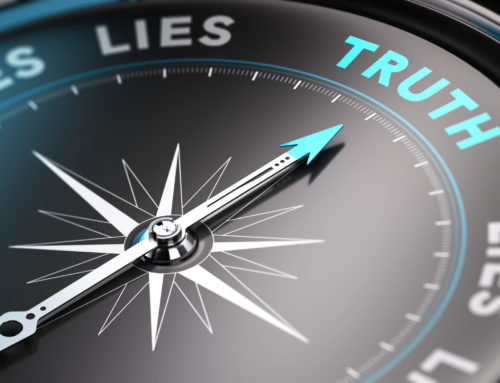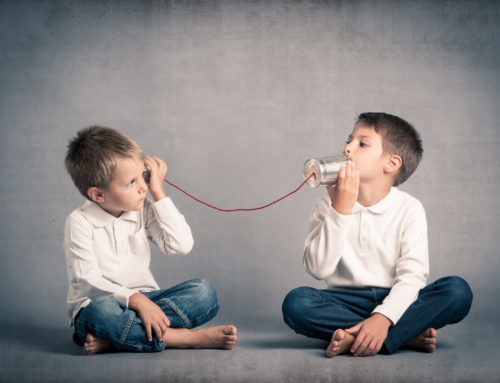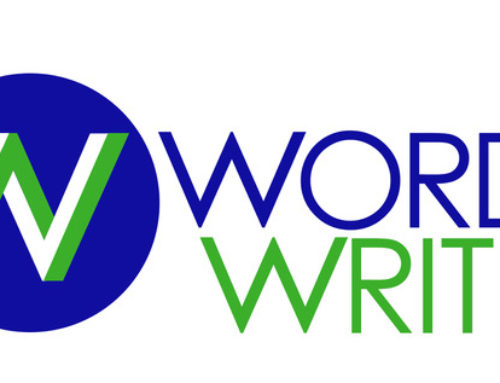While “liking” something on Facebook is nothing new, users will now be able to express themselves on posts much more clearly than ever before and for PR, Marketing and Communications professionals, there will be no doubt as to how an audience feels about the content being shared. With the addition of five animated emojis, PR pros will now be able to measure audience sentiment for published messaging which could help better target segments of a particular audience based on their reactions to posts. These new emojis are called “Facebook Reactions,” with each emotive icon (or emoticon) named for the reaction it’s meant to convey. These new Facebook Reactions are now available to Facebook’s 1.55 billion active users.
For PR and Communications professionals, these emoticons emphasize the importance of visuals used for communications in the digital realm. According to Vyvyan Evans, a professor of linguistics at Bangor University, who is quoted in a recent Wired article, “Nearly 70 percent of meaning derived from spoken language comes from nonverbal cues like body language and facial expression…. The stratospheric rise of emoji is essentially fulfilling the function of nonverbal cues in spoken communication.”
According to Gizmodo, Facebook users aren’t limited to just these emoticons, either. Why stick to these generic emoticons when you can personalize your experience even further and use, say, Donald Trump emoticons? Well, let’s not get carried away here. But, to be fair, this is an important opportunity to recognize in social media marketing because it illustrates the continued shift of online audiences’ preferences to visual forms of communications.
Here are some takeaways for PR, Marketing and Communications professionals:
- We’ll be able to gauge our messaging’s impact almost instantaneously with the addition of these new sentiment-based emoticons.
- We’ll be able to define how brand’s audiences are interpreting messaging more clearly, and make adjustments accordingly to our content creation/distribution activities.
- For those PR and Communications pros involved in social media campaigns, for now at least, reactions will be counted the same as likes. On a Hubspot post analyzing how these Facebook Reactions will impact marketers, they note that if someone uses an “angry” icon, Facebook’s algorithm will treat it as if it was liked when deciding where to place it in a user’s Newsfeed. Hubspot also points out that the reason behind this is because people want to see posts that elicit the feeling of anger, just as they want to see posts that elicit happiness.
- This new addition will provide additional feedback on content from audiences, with more specific signals about how content makes someone feel.
- Those audience members who may not have “liked” an organization’s post previously, perhaps because it elicited a reaction other than “like,” now have the ability to convey their reaction without having to leave a comment, making the user experience easier for those on mobile devices.
- With the ability to now see audience members who “love” posts, PR, Marketing and Communications pros can make note of these individuals as brand advocates – Hubspot recommends keeping an eye out on the names showing up over and over and developing a list of these individuals so that moving forward, the organization/brand can interact with them more on Facebook and provide them with meaningful content later on.
We wanted to end this post by sharing a video from Chevy, fully embracing the new Facebook Reactions, adding these emoticons into an ad itself, encouraging its followers and brand advocates to ‘love.’ We’re sure that in the next few weeks other major national brands will be distributing similar ads, but for now, watch and let us know what you think!
Do you think Facebook Reactions will have a significant impact on brands?
If you’re in healthcare, insurance, technology or other professional services industries, and need help with a PR, marketing or social media campaign, contact Scott Public Relations.
Like what you’ve read? Follow Scott Public Relations on Facebook, Twitter, Pinterest, LinkedIn and Google+.
Sign up to receive our monthly advice on healthcare, insurance and technology PR: Scott Public Relations





Leave A Comment